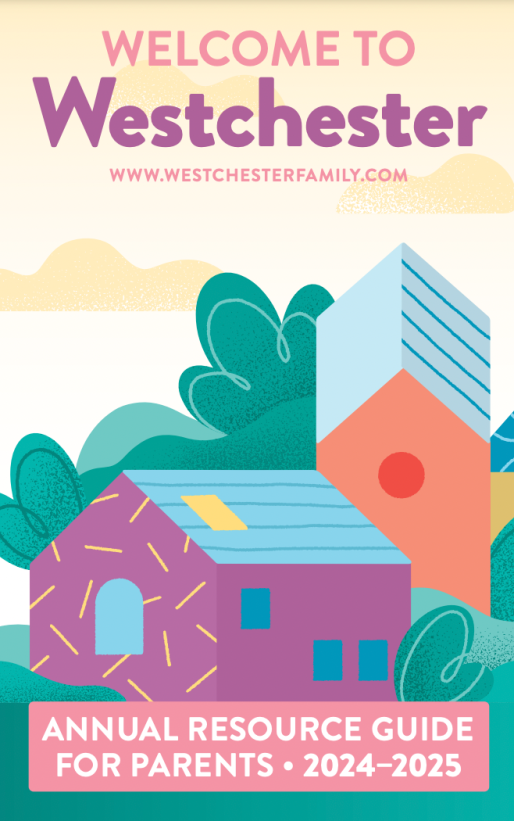The quality of childcare children receive between birth and age 5 has a lifelong impact on literacy, math skills, social/emotional and physical health, career success and earnings. Children who receive quality early care are more likely to be ready for kindergarten, graduate from high school on time and attend college, and less likely to engage in risky behavior.
The scientific reason for this is simple: children are born learning. That is, their brains are extremely responsive to experience during the first five years. When a child interacts with the environment, for example, when infants watch a mobile or toddlers play with water in a water table, and those around him – when babies are spoken to or older children engage in conversations with caregivers – brain cell connections are created. Synapses that are strengthened through repetition become permanent. The synapses that are not “excited” are pruned away.
Since 80 percent of a child’s brain growth happens before kindergarten, it’s critical for children to be in a quality early care and education setting while parents work. There, they are exposed to warm, loving interactions with caregivers, and talk, sing, read, play and explore objects and physical space, which stimulates brain development and promotes the cognitive, language, motor and social-emotional skills that prepares them for success in school, career and life.
Quality Care
Quality care means that your child is safe in a well-supervised, hazard-free setting; learning through a wide variety of play-based experiences; healthy thanks to nutritious foods, outdoor play and a clean environment; and happy in a friendly, enjoyable setting staffed with warm, well-trained, responsive adults.
To find quality care, start by determining your family’s needs and priorities. Consider:
- What days and hours you need childcare coverage
- If the provider needs to administer medication
- If you prefer childcare near your home or office
- How much can you afford to pay
- Whether you need care near public transportation or if your child requires transportation to and from care.
Think about your child’s specific personality: is he comfortable in large or small group settings, very physically active, creative, in need of any special attention and services? With that in mind, consider your own preferences. What qualities in a caregiver are most important to you?
How to Choose
In New York State there are four types of childcare settings regulated by the Office for Children and Family Services (OCFS). It is recommended that parents choose one of these settings:
1. Childcare Centers – for children ages 6 weeks to 12 years in a non-residential setting.
2. School Age Programs – for children ages 5 to 12 during out-of-school hours.
3. Family Childcare – for children ages 6 weeks to 12 years, in a residential setting.
4. Group Family Childcare – similar to family childcare; more children may be enrolled when an additional caregiver is present.
These and additional options can be reviewed in more detail on the Council’s website at:
childcarewestchester.org/services/parents/types-of-care.
Make a List
Now you’re ready to make a list of potential providers. The Child Care Council of Westchester, a private nonprofit resource organization that champions the healthy development of children, families and communities by promoting quality early care and education, can help. A unique, “one stop” agency for childcare, the Council offers parent referrals, training, information, technical assistance, reports on the industry and public education for parents, childcare programs, governmental organizations and the business community.
The Council offers free comprehensive childcare referral services for Westchester parents, in English and Spanish. You can speak directly to a Childcare Specialist at the Council who can answer your questions and conduct a database search. These specialists can also help you check whether or not a provider has any history of violations, and talk with you about ways to pay for care, including whether you qualify for a public childcare subsidy.
Alternatively, you can visit childcarewestchester.org/services/parents/find-care to access the online database 24/7 or submit an electronic form to request information.
Once you’ve got a few potentials, call the provider and ask some basic questions:
- Is there an opening for my child?
- What is the daily program/routine?
- Does the provider follow a curriculum?
- What are the qualifications (education and experience) of the caregivers?
- Is there much staff turnover?
- How many children does the provider care for/what is the class size?
- What are the ages of the children in the group?
- What are the fees, and what do they include?
- What are the hours? What happens on holidays and vacation days?
- Is the provider accredited by a national organization?
The Visit
Next, you should visit the providers you are most interested in and get a feeling for each location and staff in person. It is best to visit at least three locations. Allow 30 to 45 minutes per visit, and go at a time when children are present so you can observe how staff interact with the youngsters.
Before you go, visit childcarewestchester.org/services/parents/how-to-choose to download the Child Care Councils’ free checklists to take with you.
After Your Visit
Feel free to call the Council again to discuss your findings and options.
The Council recently attained Quality Assurance, establishing it as one of the nation’s leading Child Care Resource and Referral agencies (CCR&Rs) by Child Care Aware® of America, and is qualified to assist you.
Remember, quality early care and education can set the stage for your child’s entire life, and our expertise and resources can help you make the best decision for your child and family.
Child Care Council of Westchester, Inc., 313 Central Park Ave., Scarsdale. 761-3456, toll free 844-387-7525. To speak to a dedicated Childcare Specialist call, 761-3456, ext. 140. childcarewestchester.org.








